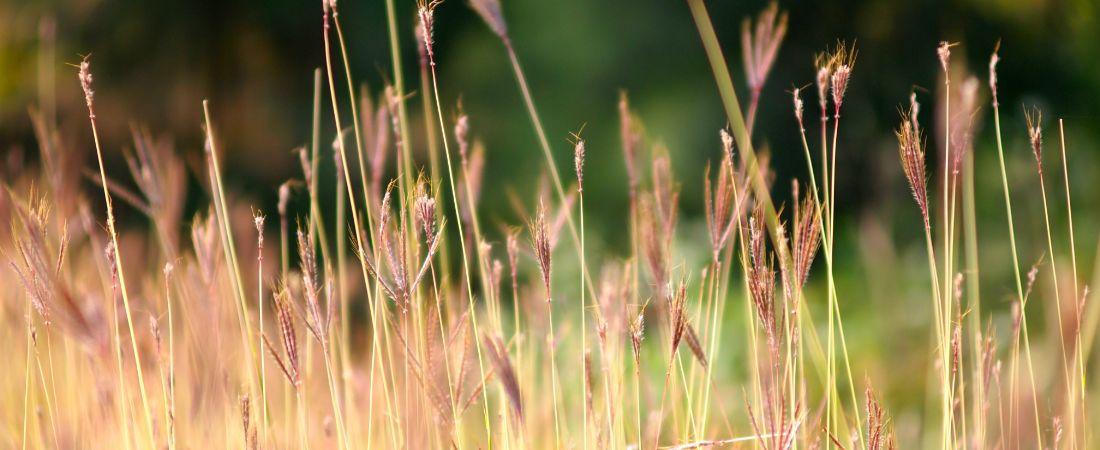Seasonal symptoms related to allergies to pollen are likely to cause challenges in recognising COVID-19 symptoms and appropriate exclusion from workplaces.
This includes essential workplaces such as health services and has workforce implications over spring and summer.
People with a history of seasonal rhinorrhea, sneezing or cough should seek medical advice to optimise their management ahead of the pollen season.
Their general practitioner can also help with:
- a written management plan which includes what symptoms should be treated as hayfever or asthma and what symptoms require testing for COVID-19
- a letter for their workplace with a copy of the management plan.
This should help to reduce seasonal symptoms and unnecessary absences from work.
Clinical assessment
Clinical judgement should be applied in determining whether rhinorrhoea represents suspected COVID-19 (requiring testing) or allergic rhinitis. There should be a low threshold for testing.
Factors that would make allergic rhinitis more likely include:
- history of seasonal rhinitis in previous years at a similar time of year
- concomitant itchy nose and eyes.
Factors that would make COVID-19 more likely include:
- other respiratory symptoms (sore throat, cough, anosmia) or
- systemic symptoms (eg fever, myalgia, anorexia.)
